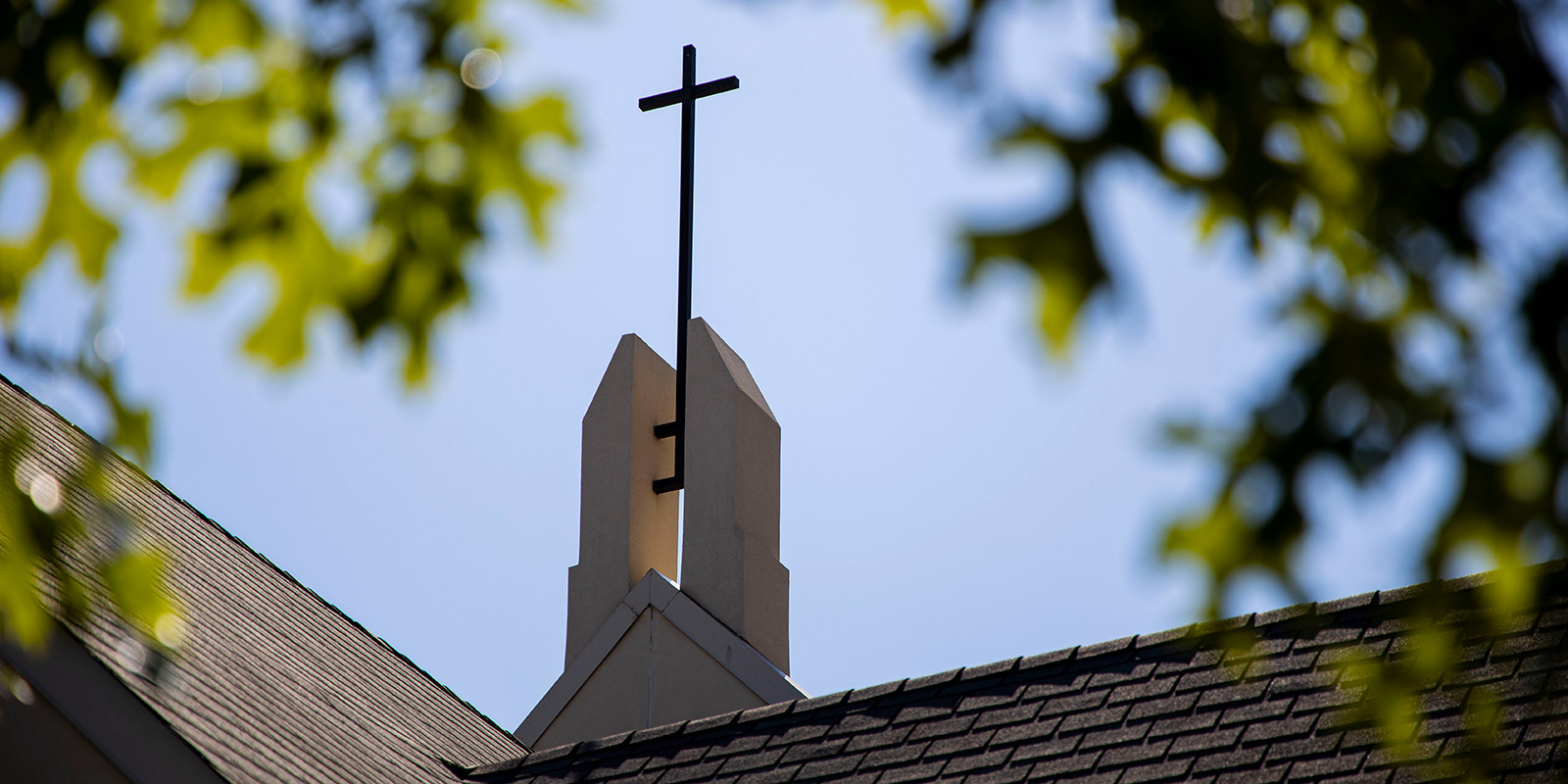Baylor Fall Preparations: Caring Community

Baylor Students, Faculty, Staff and Parents:
While many of the fall preparations I have discussed over the past few weeks may seem mostly technical or operational in nature, I want to take a moment to call our collective attention to a core tenet of the mission of Baylor University, especially in the midst of a pandemic -- creating a caring Christian community.
I understand some of you may have anxiety about returning to campus for the fall semester. Also, many of our Baylor students will have tremendous need for the care and compassion Baylor offers as a distinctly Christian institution. It's in difficult times like these when Baylor is uniquely equipped to shine.
Following is a brief description of the many campus-wide services and resources available to best serve our students in the months ahead:
- Spiritual Life is an integral aspect of the Baylor experience and remains so in the midst of the COVID-19 pandemic. Every team and program under Spiritual Life is focused on serving the needs of our students:
- Pastoral Care has always been rooted in assisting people in the midst of crisis and offering pastoral guidance, two practices that will continue throughout this semester. While pastoral conversations will primarily be virtual, the open-door policy is still in place with socially distanced, in-person visits remaining an option as needed.
- Residential chaplains will offer a pastoral presence in our on-campus residential communities, a crucial resource to students regardless of the circumstances. These Truett Seminary students serve as a "pastor-in-residence" and will be particularly helpful if a student is required to self-quarantine or self-isolate this semester, with the residential chaplains proactively reaching out to affected students to offer pastoral care, intentional community or just a friendly face.
- Baylor Missions may not be able to serve abroad in domestic or international trips, but the staff has transformed to take on the "Wraparound Care" project for any students who might test positive for COVID-19, including transitioning to isolation housing, contacting professors, delivering meals and offering general support.
- University Chapel will move to an online format, with highly produced, artistic videos based on our Christian faith for each week's service. Later each week, students will be able to reflect on the chapel sessions within the community of small groups set up in partnership with Student Activities and New Student Programs. Chapel Alternatives will remain an option, allowing small groups to meet in traditional, in-person settings.
- Baylor Counseling Center offers free, confidential services to all students, including crisis services through a 24-hour crisis hotline, initial assessments, group therapy, short-term individual therapy, consults and case management services. All Counseling Center therapists are providing video and phone therapy and have received advanced training and certification in providing telehealth -- a specialized education necessary for meeting the unique challenges of operations during COVID-19.
- Office of Access and Learning Accommodation (OALA) connects with students through Teams or Zoom calls, phone and email. OALA will continue to prioritize creating an encouraging, supporting and caring environment in which students with physical challenges feel they are accepted and valued as individuals.
- Paul L. Foster Success Center remains focused on empowering students to strive toward academic excellence and exploration of calling while discovering and fulfilling their personal gifts. Students can be assisted through services like academic counseling, tutoring, mentoring and student success initiatives.
- Beauchamp Addiction Recovery Center (BARC) is a crucial part of Baylor's efforts to foster the holistic well-being of students, particularly with the unique stresses and challenges of COVID-19. BARC serves students seeking assistance with their own recovery from alcohol, substance use or process addictions, as well as those needing caregiver burden support if the addictions of a friend, family or loved one is affecting the student.
- Office of Equity, Civil Rights and Title IX will continue to support the University's goal of becoming an inclusive and equitable campus. Virtual trainings, affirmative action, civil rights, reporting and related resources will continue to be a priority as we embark on the fall semester.
When I returned to Baylor to accept the opportunity to serve as President three years ago, I described a calling before us that would offer tremendous challenges, but also significant opportunities to be bold and raise the bar set before us. The challenges ahead of us today are significant, but the opportunity we have to be a light to our community and set an example as a leader in compassionate care is great.
I believe now -- more than ever -- the world needs a place like Baylor.
Praying for you daily,
Linda A. Livingstone, Ph.D.
President